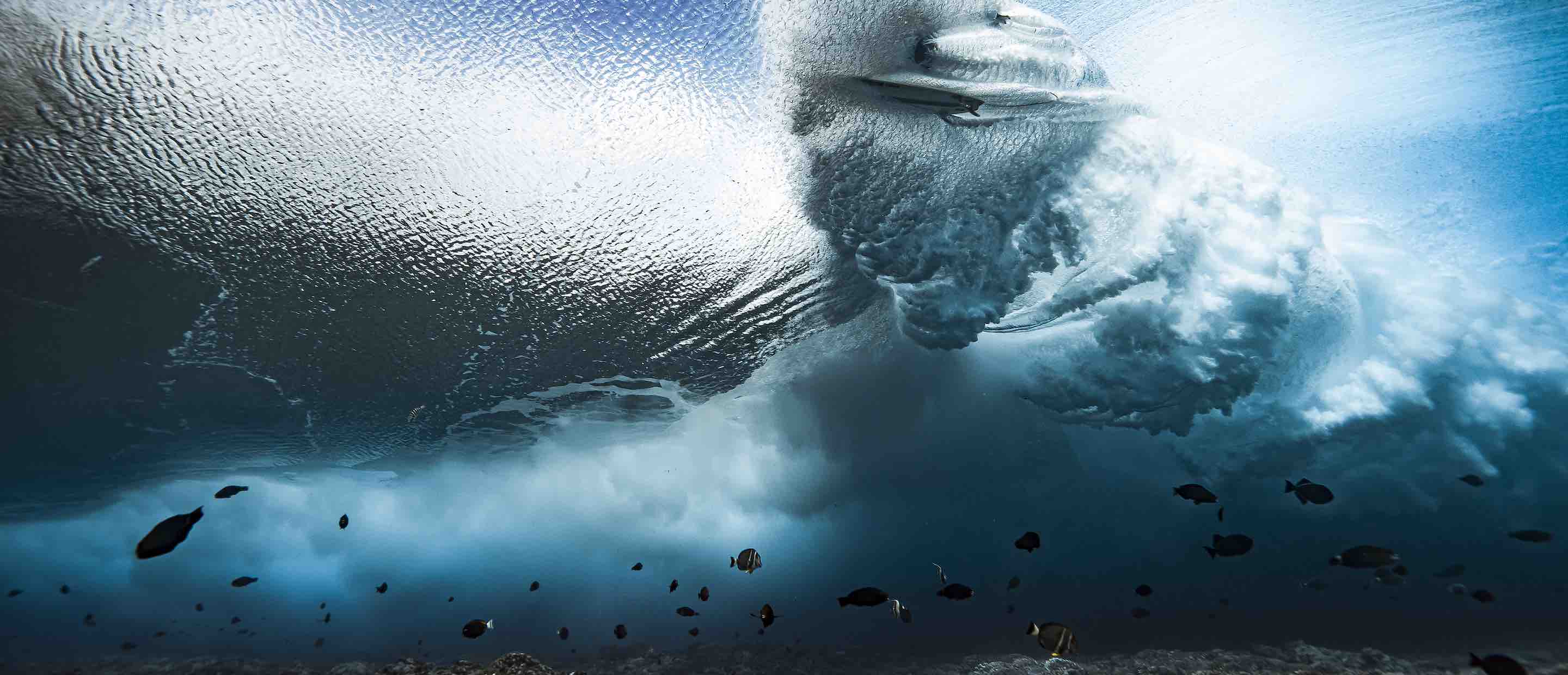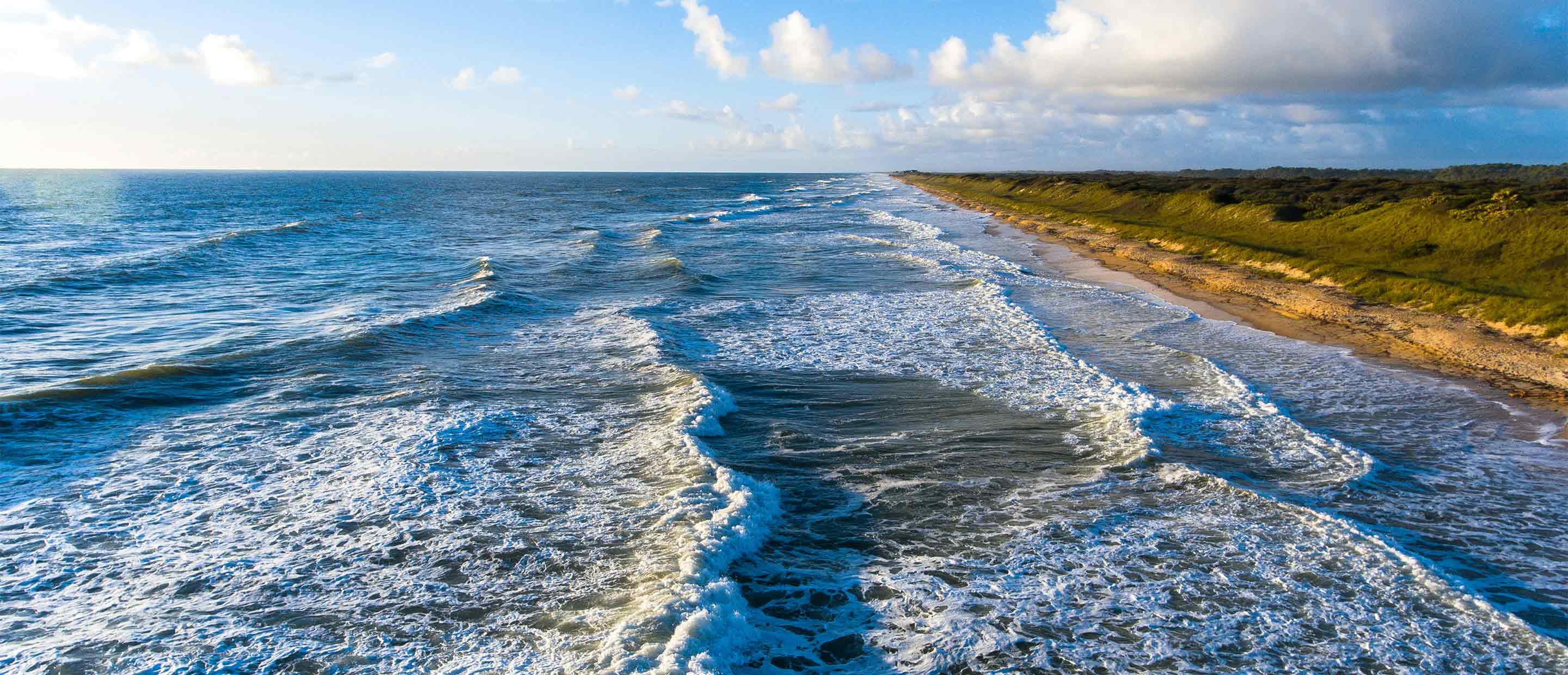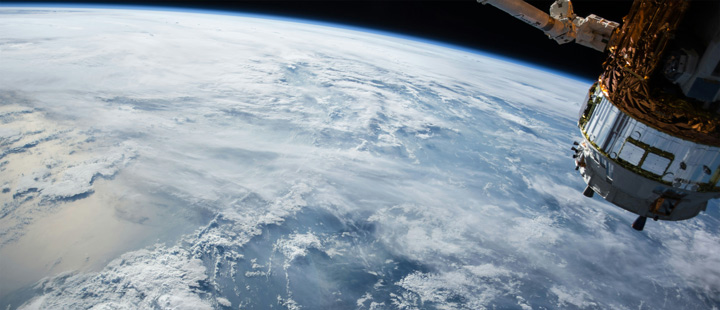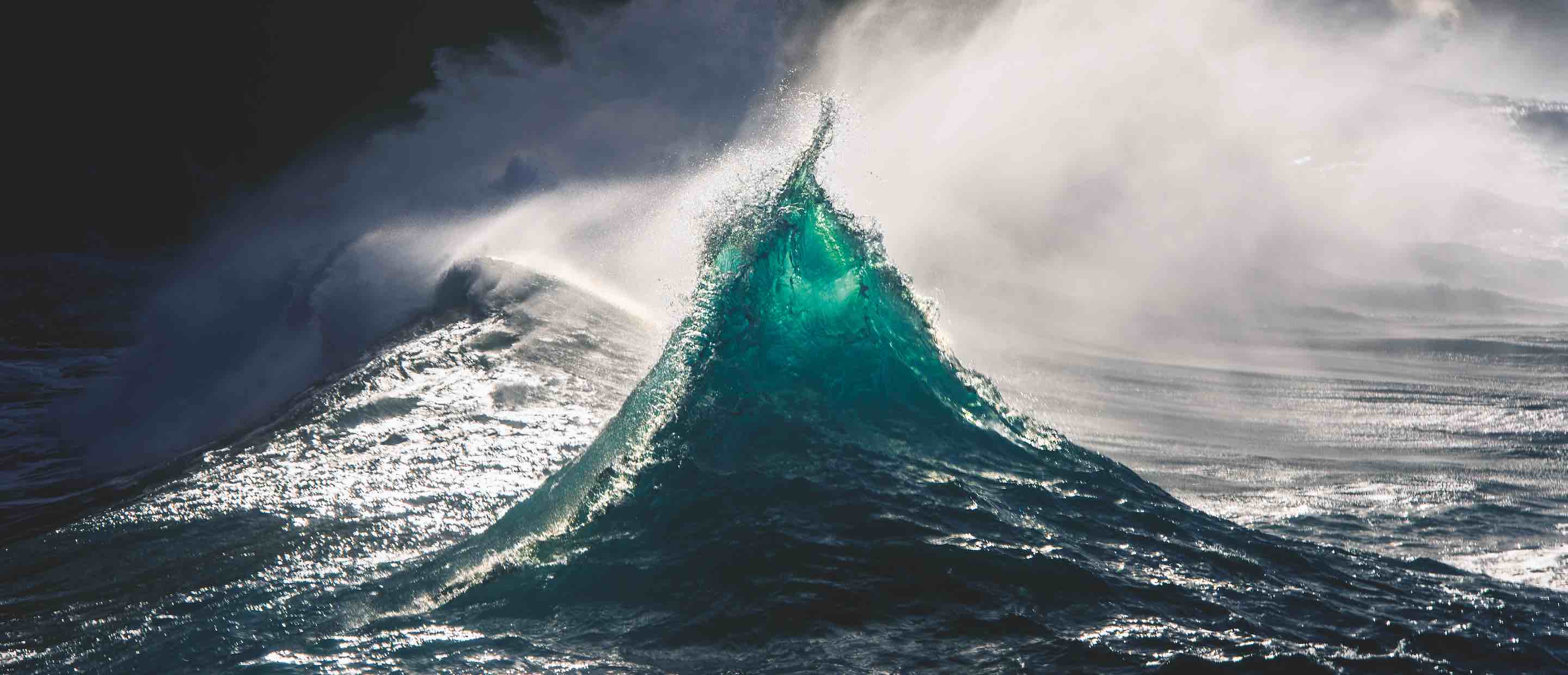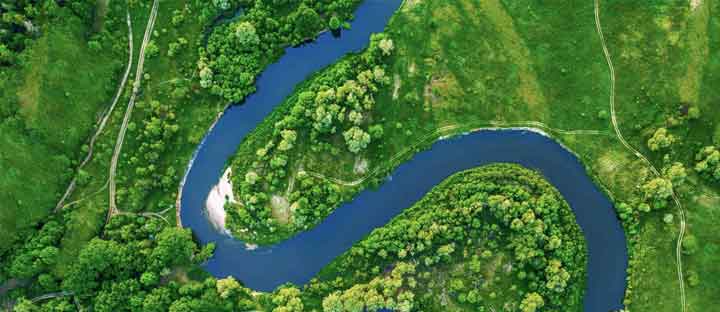Markus Müller discusses how the ocean, biodiversity, the global economy and the world of finance are inextricably linked – and proposes what should be done now to make business fit for a nature-compliant future.
Economics is deeply bound to nature. Portfolio managers in finance often think they invented the idea of diversification. I hate to disappoint them, but it was created by nature first. Nature, like economics, invented diversification for risk protection and to provide the breeding ground for development. If everything stayed the same, there would be no development – this is true for nature and true for economics.
According to some estimates, half of global GDP is directly attributable to nature. Some industries, such as construction, agriculture and manufacturing, use nature’s output to create economic output, and are therefore heavily nature-dependent. The biodiversity of nature is also essential to economics, because the wide assortment of living things provides crucial ecosystem services to the economy. These services range from providing fresh air and clean water to producing food. Nature provides everything that humans consume.
The ocean plays a big part in biodiversity, as two-thirds of our planet is covered with water and more than 95 per cent of that is ocean. If we allow our ocean ecosystems to be depleted, we create risks for nature, for humanity, for the economy and for social stability. Human life is heavily dependent on ocean ecosystems and, if we let them deteriorate, the services we need to live and thrive will not be there. We would lose the critical services the ocean provides, such as the natural governance of carbon sequestration and temperature regulation. It is all one connected chain.
There are a myriad of links between nature and economics. The ocean is a great example of this, and an example of how we undervalue nature in our economic thinking. For instance, do we really understand the financial impact of having 40 per cent of the global population living near the coast with the threat of rising sea levels? Have we really taken into account how vital water is for our livelihoods and do we have an economic model that accounts for this?
Although our understanding of ocean economics has developed, there is still a long way to go. However, we do know enough to start taking action. Some may ask, why is it important to finance the blue economy? The real question is, how do we use finance to transform our current non-sustainable and non-equitable blue economy into a sustainable and equitable one? First, we have to be clear about the goal: to have a sustainable and equitable blue economy and a nature-compliant economic model. Creating such a model is the equivalent of the economics behind building and operating a railway infrastructure. To build a functioning train network first requires a railway system, which is too expensive for private markets to install and is the kind of cost that only a government can afford – but the trains can be provided and financed by private companies.
We need to enable the ocean to deliver its ecosystem services. Many ocean assets need to be protected in Marine Protected Areas (MPAs) and they are unlikely to generate an investment return. This means assets in MPAs are not suitable for a market system; rather, it becomes a governmental and societal responsibility to protect them and ensure they are not being depleted or overused. Governance is key for this to be successful.
Finance can be a tool that then helps achieve the goal for a sustainable and equitable blue economy. Global financial markets can play a role by providing a premium to companies that operate in the blue economy. In time, these companies that account for the impact that the ocean has on their economic activity can become more profitable and have more stable profit generation than other businesses. Those businesses that do not account for the ocean may find they are at risk: a reputational risk, a physical risk, even a liability risk. Financial markets can also provide indirect support to sustainable companies that understand how their value chains are impacted by the ocean. This is also part of ocean finance.
In this new economic model, firms link self-interest to the health of the natural machine. CEOs understand their dependency on the ocean and are therefore aligned for protection. This happens through transparency, disclosure and data flow. Regulation provides a framework, which can be supplemented by the private sector if needed, as regulators can’t do everything. The risk to watch out for is using key performance indicators (KPIs) that are not globally or locally accepted in financial markets. Here again, regulation is an enabler.
Companies that are directly involved in the blue economy should employ local people and redistribute the accrued margin to the local communities, based on the understanding that nature needs time to recover. This would be both sustainable and equitable. Self-interests will drive this and it will happen at the local level, bottom up, before eventually forming global coalitions. An economy, or society, works from an agreement of self-understanding. Thus, if humankind can reach an agreement that fossil fuels are not the way forward, then society will find a way to abandon fossil fuels. However, if there is not such an agreement, then global treaties will not be signed.
Literacy in the systemic value of natural capital is incomplete, especially in financial markets. It follows a similar path to the understanding of climate change from the past 40 years. But it is growing. We must now act on propositions such as those outlined here to build the nature-compliant economy of our future.
Markus Müller is Chief Investment Officer ESG & Global Head of Chief Investment Office at Deutsche Bank Private Bank.
Main image caption and credit: Fishes, 24 March 2019, Teahupoo, Tahiti, French Polynesia. © Ben Thouard
This article first appeared in the Spring/Summer 2023 issue of LUX magazine. This issue features the fifth in a series of Deutsche Bank Wealth Management/LUX supplements about our ocean and its importance to both the environmental and economic wellbeing of the planet.
